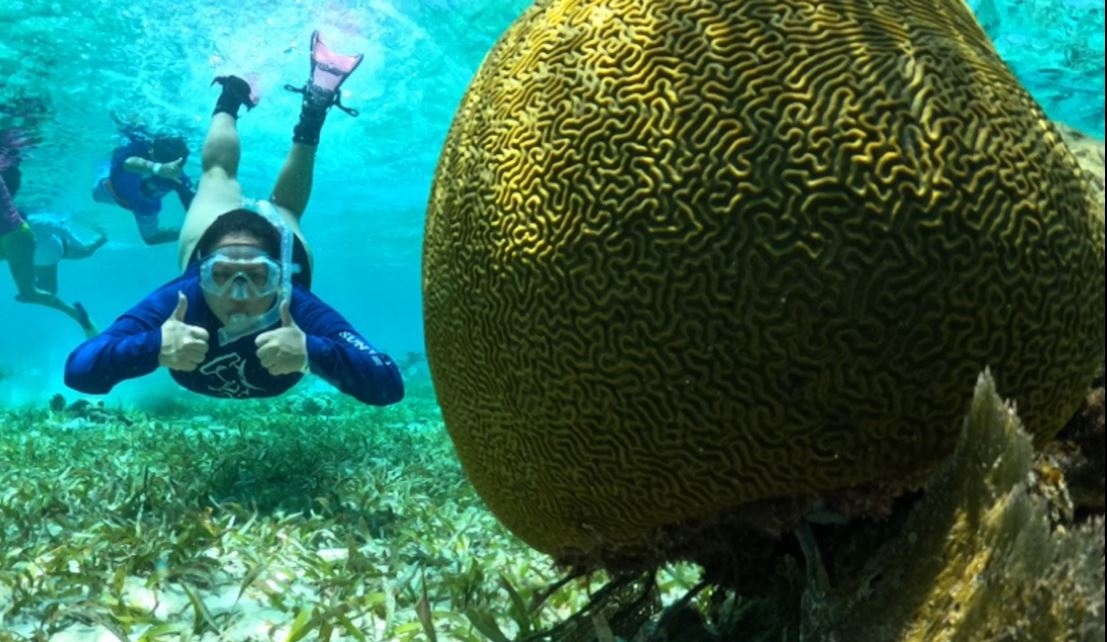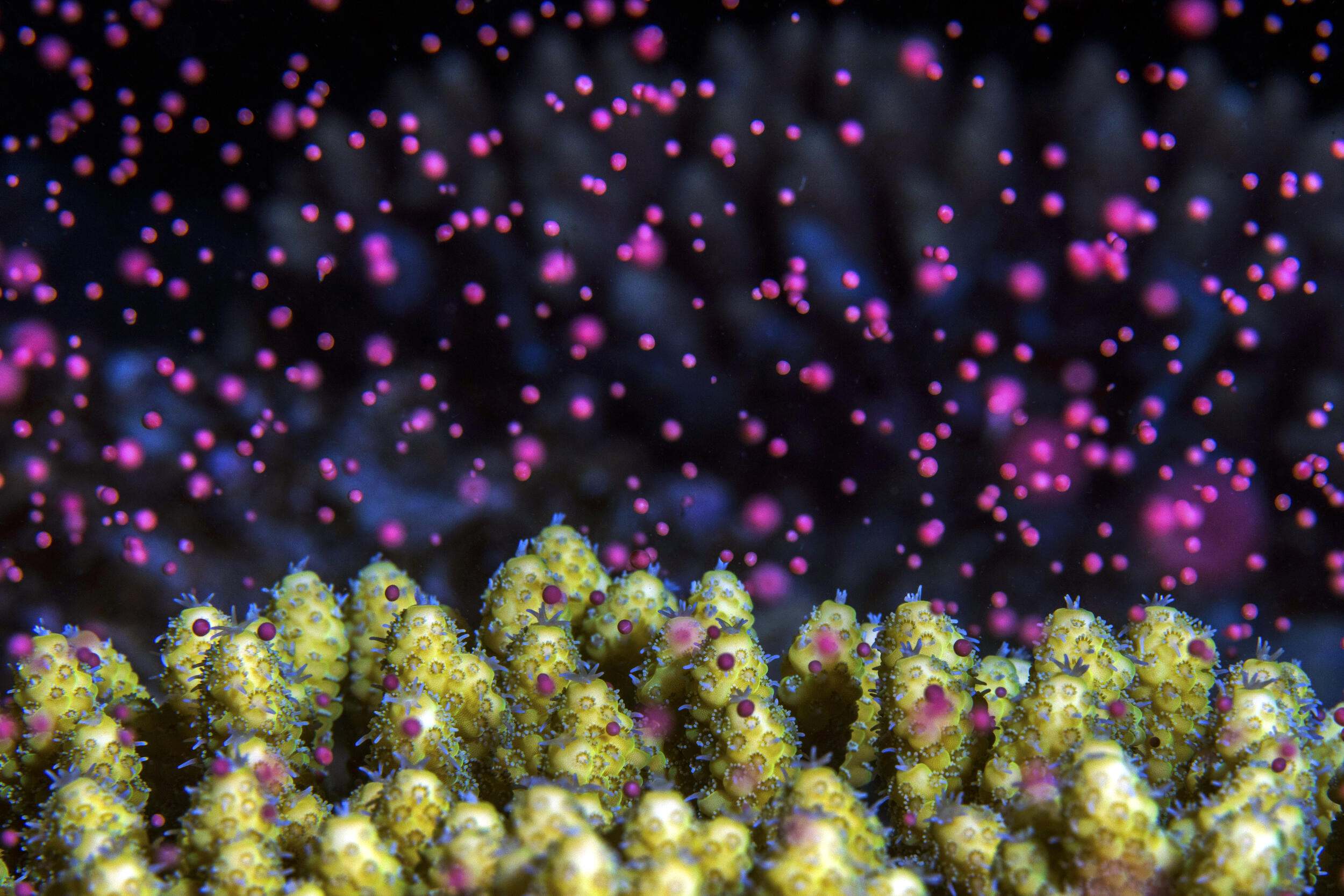After analyzing responses from 300 questionnaires distributed to divers in Barbados, the authors find that novice (fewer than 100 dives) divers preferred to dive on artificial reefs, and experienced divers (greater than 100 dives) prefer to dive on natural reefs. The majority of divers understood the benefits of artificial reefs (such as shipwrecks or sunken vessels) for coral reef ecosystems: providing new habitats for marine organisms and diverting diver pressure from natural reefs.
The authors conclude that, where artificial reefs are present, novice divers and divers-in-training should dive on artificial reef sites, and the environmental knowledge of divers should be reinforced with additional conservation education. This would divert divers that are more likely to damage reefs (novices) from natural reefs, and less degraded reefs would attract more experienced divers who place greater importance on the biological characteristics of healthy reefs.
Author: Kirkbride-Smith, A.E., P.M. Wheeler, and M.L. Johnson
Year: 2013
View Full Article
PLoS ONE 8(7): e68899. doi:10.1371/journal.pone.0068899


